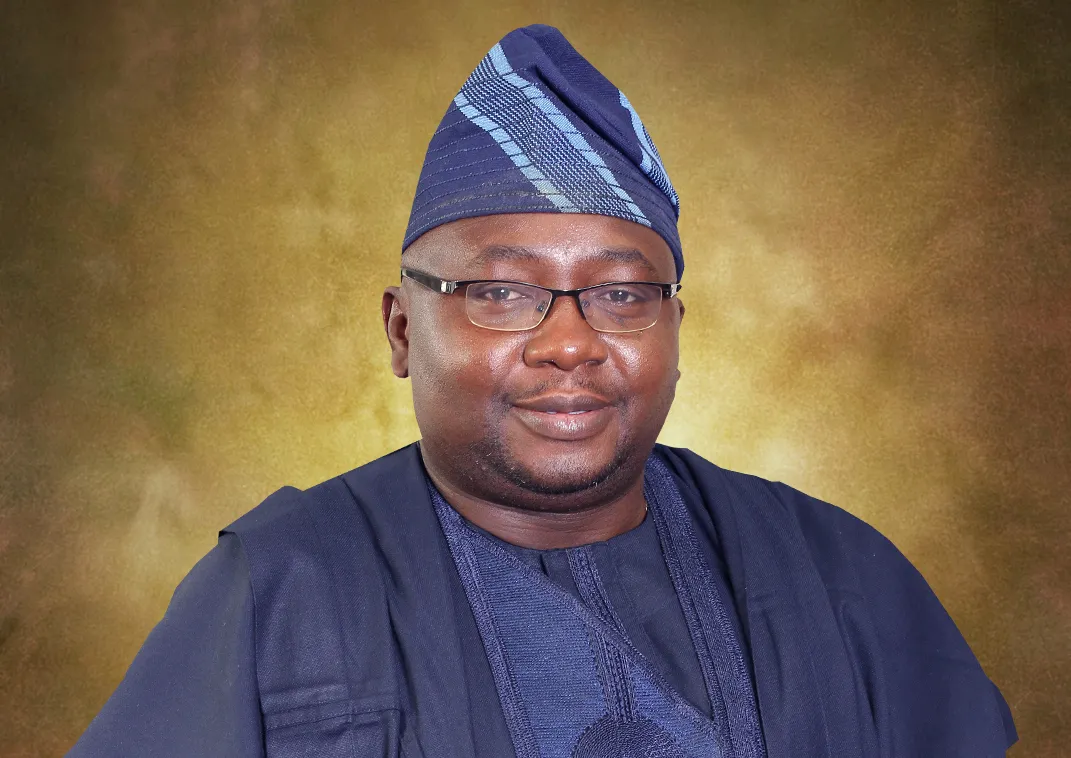
President Bola Ahmed Tinubu has approved a ₦4 trillion bond to settle outstanding debts owed to electricity generation companies (GenCos) and gas suppliers, in a move aimed at restoring investor confidence and ending liquidity challenges in Nigeria’s troubled power sector.
The disclosure was made by Minister of Power, Adebayo Adelabu, during the Expert Forum on Uninterrupted Power: The Industrial Imperative, hosted by the Nigerian Economic Summit Group (NESG) in Abuja.
Adelabu explained that the presidential approval is part of a broader financial stabilisation package under the administration’s Renewed Hope Agenda, designed to reposition the power sector for sustainability and growth.
“To stabilise the market, Mr President has approved a ₦4 trillion bond to clear verified GenCo and gas supply debts,” Adelabu announced.
“Alongside this, a targeted subsidy framework is being developed to protect vulnerable households, while paving the way for full commercialisation and a viable electricity industry.”
Debt Clearance to Unlock Generation Capacity, Attract Investment
The bond is expected to provide much-needed relief to GenCos and gas suppliers whose unpaid invoices have stifled operations, weakened power generation capacity, and discouraged fresh investment.
The minister said the clearance of these legacy debts would restore liquidity across the electricity value chain, improve investor confidence, and accelerate ongoing infrastructure and policy reforms.
Tariff Reforms Deliver Results as Revenue Rises 70%
Adelabu also revealed that the Federal Government’s recent tariff reforms, which introduced cost-reflective pricing for selected consumer classes, are already yielding positive outcomes.
“Industry revenue has increased by 70 per cent to ₦1.7 trillion in 2024, and projections indicate it will exceed ₦2 trillion in 2025,” he said.
The reforms, he noted, have improved supply reliability while helping to cut energy costs for industries. The goal, he said, is to transition toward a market-driven sector that is attractive to investors and reliable for consumers.
Presidential Power Initiative Targets 7,000MW Grid Boost
Adelabu gave a detailed breakdown of ongoing infrastructure projects, particularly the Presidential Power Initiative (PPI). Under Phase Zero, the government has already added over 700 megawatts of transmission capacity to the national grid.
Under Phase One, contracts have been signed with Siemens Energy, CMEC, Power China, and Elswedy Electric, with financing arrangements underway to add an additional 7,000MW of operational capacity.
The government is also working on rehabilitating National Integrated Power Projects (NIPP) to unlock around 345MW, while successfully integrating the 700MW Zungeru Hydropower Plant into the grid.
“These initiatives form part of a deliberate strategy to modernise and expand Nigeria’s electricity infrastructure from generation to transmission and distribution,” Adelabu added.
Adelabu emphasised that the Tinubu administration is pursuing a multi-pronged reform strategy, including legislative changes, targeted subsidies, infrastructure development, and local content promotion all aimed at achieving a sustainable, reliable, and commercially viable electricity sector.
He called on stakeholders across the public and private sectors to support the government’s agenda, warning that without broad collaboration, the sector’s transformation would stall.
“This is a national priority. Our electricity sector must become an enabler of industrial growth and economic transformation,” he said.



